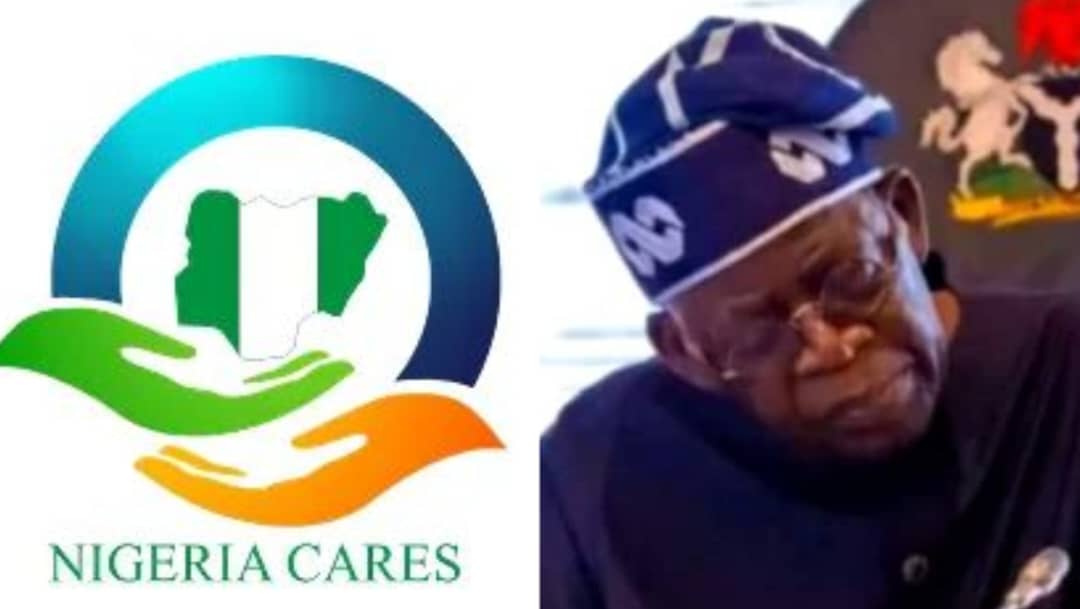The Nigeria COVID-19 Action, Recovery, and Economic Stimulus (NG-CARES) program has disbursed ₦625 billion to all 36 states of the federation since its inception, an official announced.
Abdulkarim Obaje, the national coordinator of NG-CARES, made this known during a peer learning and experience-sharing event held on Thursday in Bauchi. The program, initiated by the federal government in collaboration with the World Bank and state governments, aims to mitigate the social and economic impacts of the COVID-19 pandemic. It also addresses other shocks by providing grants and essential social infrastructure to poor and vulnerable communities.
Mr. Obaje hailed NG-CARES as one of the most successful World Bank interventions, reaching over 5.3 million vulnerable Nigerians. He also noted that the program has been restructured to extend support to victims of floods and other related crises.
Speaking at the event, Elizabeth Egharebwa, chairperson of the Federal CARES Technical Committee, emphasized the program’s commitment to improving the lives of poor and vulnerable Nigerians over the past three years. Her speech was delivered by Adamu Gizos, director of special duties and projects at the Federal Ministry of Labour.
Ms. Egharebwa, who is also the director of economic growth at the Federal Ministry of Budget and Economic Planning, remarked, “While we are proud of what we have accomplished so far, we recognize that much work remains. This peer learning event is critical in bringing together diverse perspectives to collectively tackle the complex challenges we face.”
AbdulAzeez Olorunshola, a representative of the Nigeria Governors’ Forum (NGF), also highlighted the event’s objective of fostering sustainable collaboration between states. According to him, the exercise promotes better understanding and more effective peer learning among the states.
Bauchi State Governor Bala Mohammed commended NG-CARES for its impact on food security, small businesses, and social intervention initiatives. In a statement delivered by Simon Yalams, the Commissioner for Agriculture and Food Security, the governor acknowledged the role of information and communications technology (ICT) in providing infrastructure and essential services to communities through the program. He urged communities to protect and efficiently utilize the provided facilities for sustainable social and economic development.
